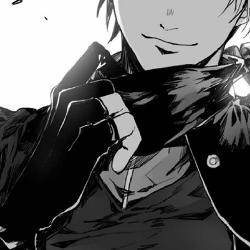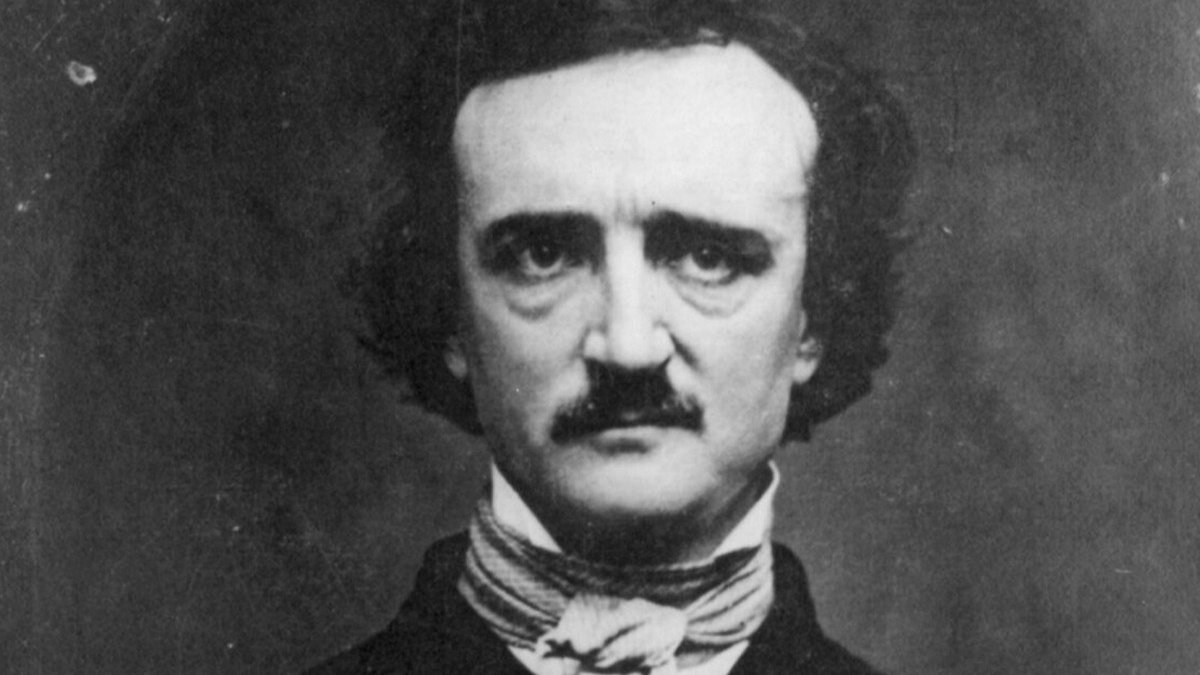IELTS006 英语学习笔记
口语
谈论对将来的预测
We’re going to have a fantastic holiday next summer. I feel like I will disconnect this time.
我们明年夏天将度过一个愉快的假期。这次我想彻底放松一下。
- 基于证据做出的预测:Look at the clouds. It 's going to rain.
- 基于你的观点和感受做出的预测:I think she 'll get the job.
I’m sure the local food will be delicious.
Look at the prices on the leaflet /ˈliːflət/(传单)! The trip is going to be more expensive than we thought.
看看宣传单上的价格!这次旅行比我们想象的更贵。
horrible 可怕的、恐怖的、极坏的
The location of the restaurant was nice but the food was nothing special(不是特别好) . 餐馆的位置很好,但食物没什么特别的。
The food was nothing special. (菜品一般。)
to leave much to be desired 不尽如人意、有待改进、令人不满意
如果我们说「something leaves much to be desired」,则表示它标准很低。
he water pressure in the villa/'vɪlə/(别墅) was really disappointing.
一般过去式
有些动词拥有两种过去式形式。
词尾为 -t 的形式在英式英语中尤为常见
-
burn - burned / burnt
-
dream - dreamed / dreamt
-
learn - learned / learnt
-
smell - smelled / smelt
-
spell - spelled / spelt
hit - hit
put - put
let - let
As soon as I got home, I put the shopping in the refrigerator.
lead - led
We didn’t like the hotel at all. The room was small and the staff were unhelpful.
我们一点也不喜欢这家酒店。房间很小,工作人员也不愿意帮忙。
新概念 2 L6 Percy Buttons 珀西·巴顿斯
词汇
beggar n. 乞丐
worker / teacher / gardener (以前地位比较低)
doctor / monitor / director (地位相对较高)
professor / emperor /ˈempərər/ / ancestor 祖先
dollar n. 美元
grammar n. 语法
street artist 街头艺术家(高级版乞丐)
beg v. 祈求
- I beg your pardon?
- beg sb for sth
- beg people for money
- beg sb. to do
- I beg you to stay.
pocket n. 口袋
pocket money 零花钱
pocket book
pocket dictionary
call at + 地点
call on sb 拜访某人(短期,顺道地拜访)
- visit 可长、可短,比较正式
call at place:参观,拜访某地
原文
I have just moved to a house in Bridge Street. Yesterday a beggar knocked at my door. He asked me for a meal and a glass of beer. In return for this, the beggar stood on his head and sang songs. I gave him a meal. He ate the food and drank the beer. Then he put(过去式) a piece of cheese in his pocket and went away. Later a neighbour told me about him. Everybody knows him. His name is Percy Buttons. He calls at every house in the street once a month and always asks for a meal and a glass of beer.
参考译文:
我刚刚搬进了大桥街的一所房子。昨天一个乞丐来敲我的门,问我要一顿饭和一杯啤酒。作为回报,那乞丐头顶地倒立起来,嘴里还唱着歌。我给了他一顿饭。他把食物吃完,又喝了酒。然后把一块乳酪装进衣袋里走了。后来,一位邻居告诉了我他的情况。大家都认识他,他叫珀西·巴顿斯。他每月对这条街上的每户人家光顾一次,总是请求给他一顿饭和一杯啤酒。
人发出的动作,一般都是 at
- smile at 对某人微笑
- point at 指着某人
- wave at 挥手
- nod /nɑːd/ at
- kick at
bear /e/
beer /i/
-
in return 作为回报
- He sent me a gift. In return, I gave my pocket dictionary to him.
- He doesn’t want anything in return
-
in return for sth. 作为对…的回报
- In return for his smile, I nodded at him.
-
stand on one’s head
- stand on my hands(双手倒立 / 立于手上)
- stand on my knees
- I would rather die standing than live on my knees.(我宁愿站着死也不愿跪着生。)
stand-stood-stood
- lie on the back 平躺着
- lie on the front / floor
eat-ate-eaten
later adv. 过后,以后
tell-told-told
I’ll see you later.
once a year
twice a year
3 times
冠词:a an the
- a / an 不定(一个,某个)
- the 定(这个,那个)
I have a student.
The student is standing on his head.
the:
- 特别指出
The student is smiling at me. - 双方都知道的事情
Let’s meet at the school gate.
the old place
I’m going to the post office. - 文章中第二次提到
Once upon a time, there was an old man. The old man had a hen. Then gave him a gold egg every day.
单数名词必须有冠词。(除非有其他的限定条件,比如物主代词 your、his、this 等等)
- knock sb. out 把某人打昏
- knock … over 把 … 撞昏
- knock … off 下班
- knock at 敲
- knock 20% off the price 让利 20%










